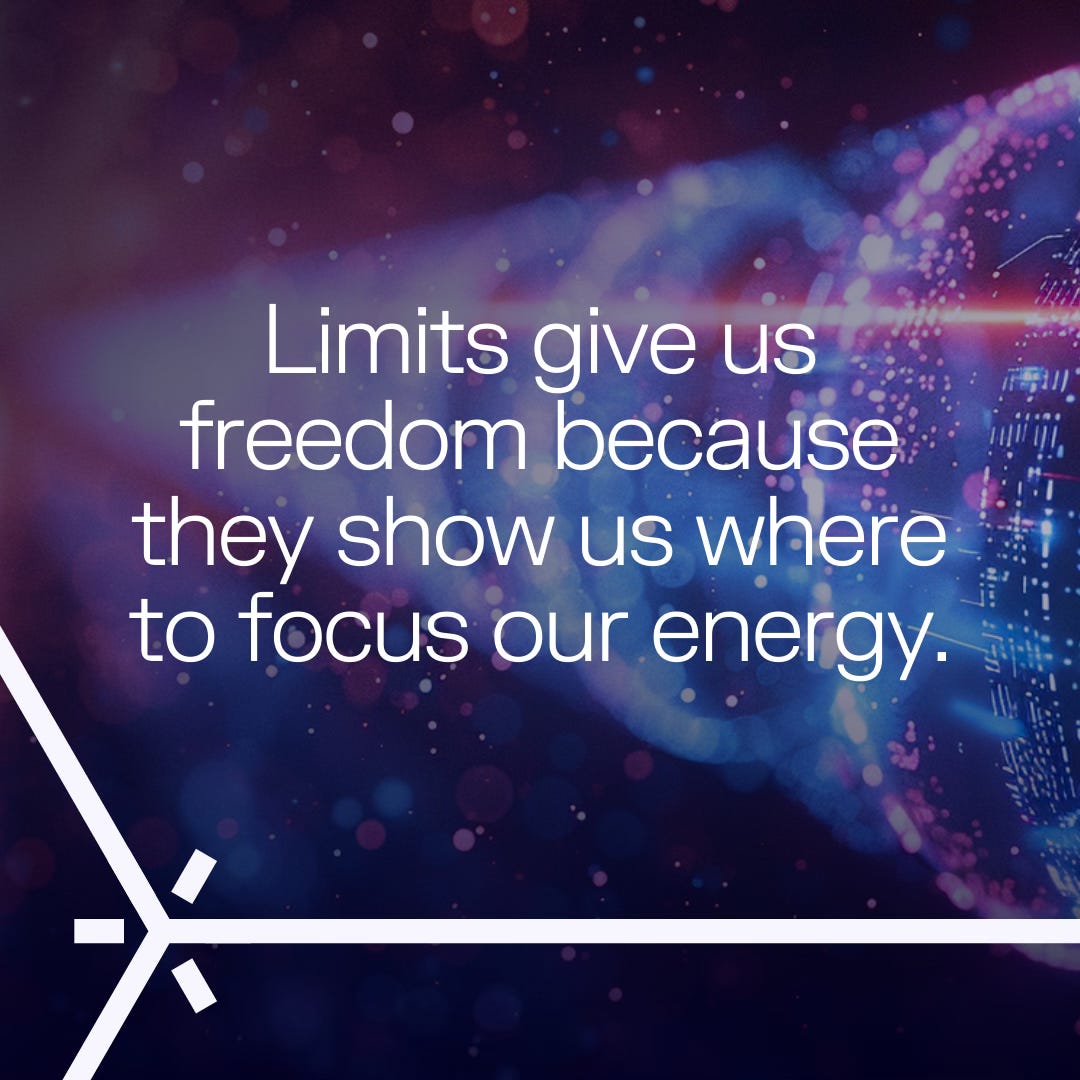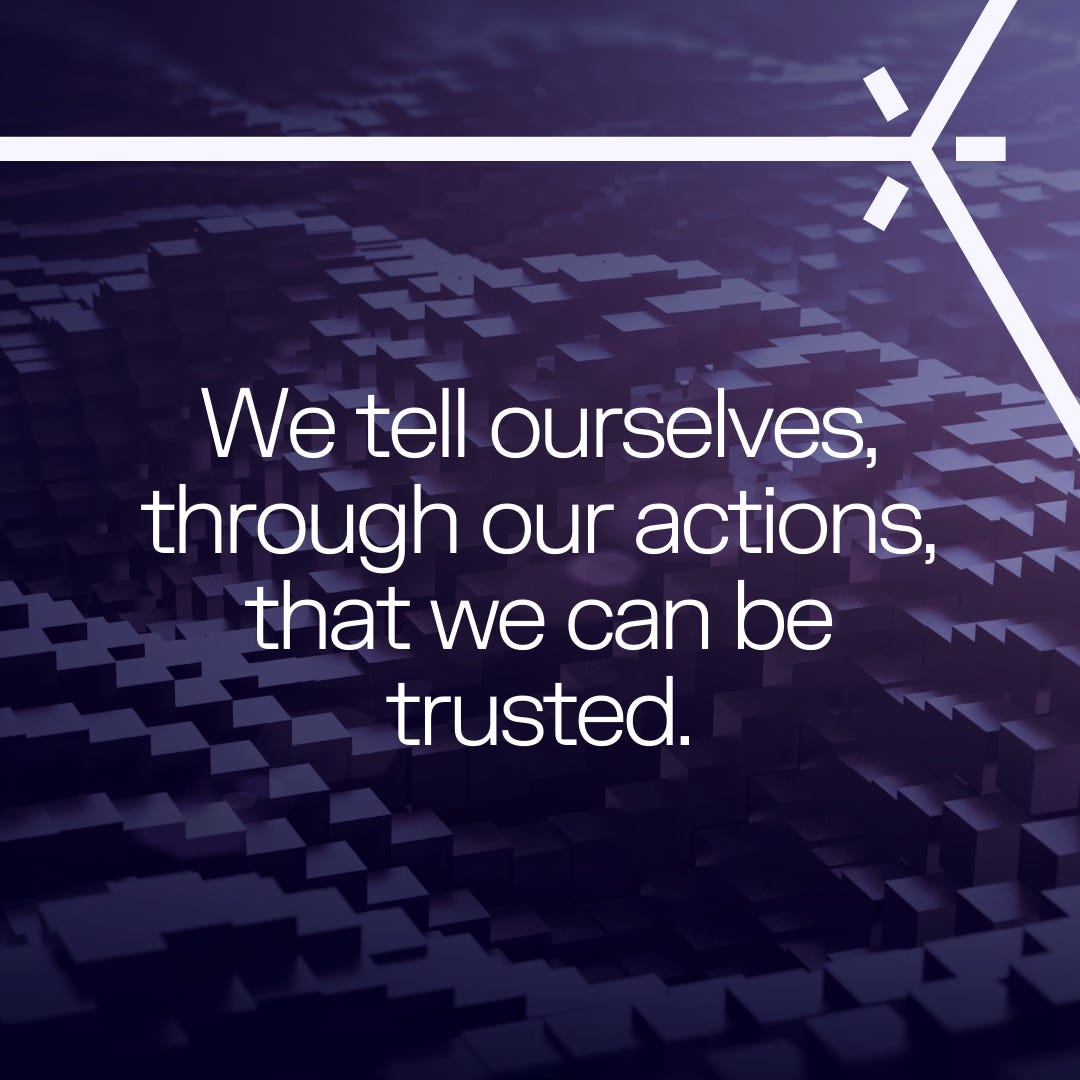Build Trust With Yourself
Have you ever set a SMART goal?
It’s a goal that satisfies five basic requirements.
It must be:
S - Specific
M - Measurable
A - Achievable
R - Relevant
T - Time bound
I know parents aren’t supposed to have favorites, but if I were to pick - measurable would be my favorite of the bunch.
I would even argue that making a goal statement you can answer with a clear yes or no answer is one of the most important things to consider when setting a goal. It keeps us honest.
The power of limits
Limiting goals to a yes/no statement enters a binary space. A space that has no room for “I wish” or “I’ll try”.
Limits lead to freedom because they identify where to focus our energy.
This is not a SMART goal :
“I want to add more detail to my tickets so there are fewer questions and confusion.”
There is no possible way to answer yes or no to this statement.
This is better:
“I will make sure every ticket I write has a who, what, where, when and why included in it.”
We can look at each ticket and check either yes or no. It’s a specific and measurable yes/no goal statement.
Don’t be Afraid of the Black and White
In Conversations for Action, Fernando Flores reminds us over and over again the necessity for being specific when making an ask (both to others and to ourselves) so we can easily verify is the ask was accomplished.
Setting a goal is simply another way of saying:
I am asking something of myself
I am promising myself I will complete it
I know when I am satisfied with my own actions
A goal is a conversation for action with yourself.
It must contain a specific ask and verification that the request was satisfied.
Building Trust Internally
When we consistently satisfy the promises we make to ourselves we build trust internally.
It could be as simple as going to bed at a specific hour, eating things that are healthy, doing a task to the level of excellence we know we are capable of.
We tell ourselves, through our actions, that we can be trusted.
This is how to need les and less validation from others AND avoid imposter syndrome.
Consistently taking action on yes/no goals builds the life we want and we become people who are not shaken when validation is thin or challenges arise.
The developer who does not set specific goals, who does not complete them, will always wonder and look outside themselves for a sense of self.
But one who knows who they are, and can see, with verifiable yes/no data that they are taking the action they promised themselves they would, is a developer who will build a life and career worth having.




